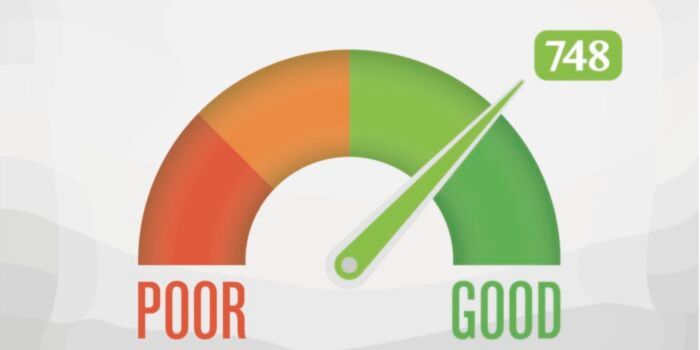According to Forbes, considerably more people are embarrassed to admit their credit scores than their weight (30 percent compared to 12 percent). With about a third of Americans qualifying as obese, this news is quite shocking. The good news for these Americans is that it is not difficult to improve your credit score. However, you need to know where to begin.
Things to Do Now
Boosting your FICO score is not an overnight process. It will take time and a little bit of effort on your part. The hardest part, though, is getting started. These are things you can do today that will help improve this important score.
- Check your Credit Report. There are three major agencies that record credit scores and share them with lending agencies, employers, banks, and insurance companies. You should check your credit report from all three agencies at least once per year to see if there are any errors, mistakes, or signs of potential problems. You should especially check your credit reports before making a major purchase that requires credit or applying for a job.
- Dispute Errors. Removing errors from your credit report can greatly improve your FICO score in a relatively short amount of time. You must present your dispute in writing and the creditor (or collection agency) will investigate. Once the investigation is complete, if the error was determined to be in error it will be removed from your record and improve your score.
- Negotiate with Creditors. You may have had a period of unemployment, accident, or some other financial hardship that caused you to miss payments or even go into collection. Ask creditors if they will remove the debt from your credit report completely or report it as “paid as agreed” on your credit report for prompt payment of the remaining balance. One word of caution is to get the agreement in writing before you make the agreed upon payment.
Impact of Payment History
Your payment history is important. If you have missed payments in the past, get current and stay that way. Even paying a few days late can have a big impact on your credit history according to myFICO, who also reports that payment history accounts for 35 percent of your credit score calculations.
Impact of Amounts Owed
It is not the amount owed that is the problem so much as the amount owed compared to what credit you have available. The impact of your debt will vary greatly according to income and other items on your credit history. However, if you owe a great deal and have little available credit, that can have a negative impact on your FICO score – especially if the bulk of your credit owed is in the form of revolving credit accounts like credit cards.
You can make relatively easy improvements to this particular score by paying down your debt and keeping balances on your credit cards low. You do not necessarily want to close accounts – especially older accounts as they have a positive stabilizing impact on your credit score. You should also avoid the temptation to open a lot of new accounts in an attempt to have a higher available balance as this raises red flags in its own right.
Impact of the Length of Credit History
It is better to seek to build your credit history slowly and over time. Don’t go all in after opening your first credit account. At the same time, don’t close older accounts the first time something shiny and new comes along. Those older accounts show that you’ve developing long-term relationships with creditors and that’s a great thing for your FICO score.
Impact of the Types of Credit
There are two essential types of credit. Asset building credit, is generally referred to as good credit. This credit is used to:
- Purchase homes.
- Buy real estate.
- Invest in businesses.
- Pay for education.
Revolving credit accounts for pretty much everything else. This includes: from
- Auto loans.
- Credit cards.
- Payday loans.
- Store credit.
These things are considered bad credit.
You definitely want more good credit than bad in your credit history. This shows a habit of living within your means and making investments in your future. Even if you’re paying your bad credit in a timely manner, it appears better on your score to have a lower amount of this type of credit.
Impact of New Credit
When it comes to your credit score, new credit is always somewhat suspect. There is no history with this type of credit so it cannot really be part of the equation. It becomes even more suspect when there is a large amount of new credit applied for and/or received all at once. In fact, Bankrate recommends paying off (not closing) all credit cards that have low balances and stick with one or two cards as your main credit cards. Opening new lines of credit speaks against that strategy for keeping your credit score higher.
Small changes like these can have a huge impact on your credit. If you have trouble making timely payments, consider setting up a calendar of payments each month and automating the process as much as possible so that your FICO score can thrive.
© Fintactix, LLC 2021




